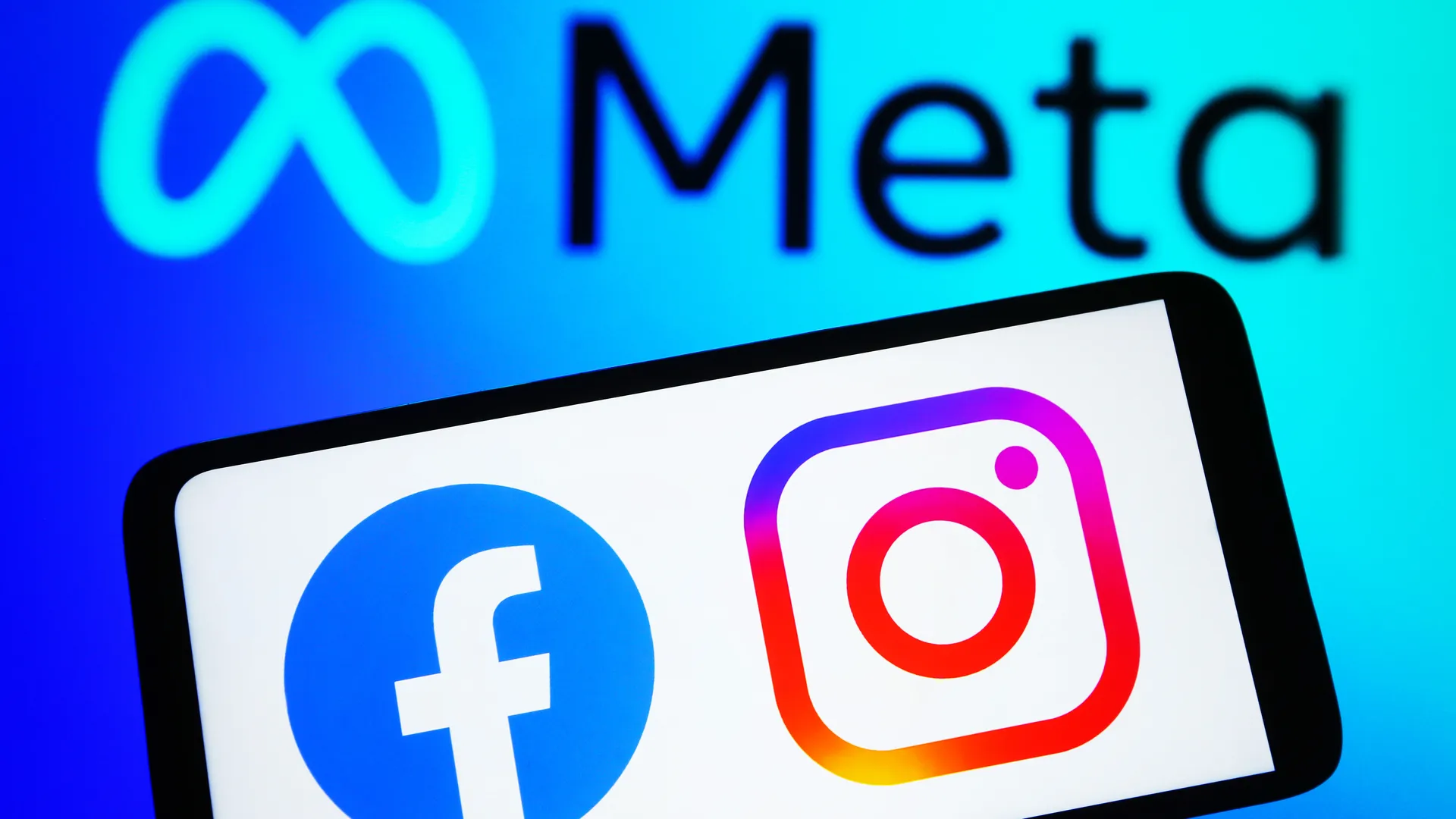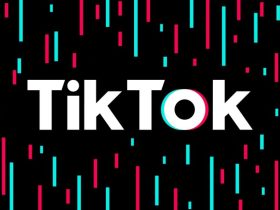Meta, the parent company of Facebook and Instagram, has initiated the removal of news publishers from its platforms in select markets, a move that could potentially impact brands, influencers, and users alike.
This action follows Meta’s decision last August to block news content in Canada in response to the passing of the Online News Act, which mandates platforms to compensate news publishers for their content through licensing deals.
Similarly, in February 2021, Facebook imposed a ban on news across its platforms in Australia in protest against the News Media Bargaining Code (NMBC), aimed at requiring Meta to pay media companies for featuring their stories.

Although the ban lasted slightly over a week, Meta later announced its decision not to renew content deals with publishers when contracts expire this year.
This shift forms part of Meta’s broader strategy to reduce the prominence of news on its platforms. Recently, Facebook’s news tab disappeared for users in the US and Australia, following its removal in the UK, France, and Germany last year.
Previously launched in 2019, the news tab curated headlines from various national and international news organizations and local publications based on users’ interests.
In a statement, Meta justified its decision, citing a focus on user-generated content and clarifying that news constitutes only 3% of global Facebook content.
Although the impact of these bans and disappearing tabs is still unfolding, the potential exclusion of news publishers from Instagram and Facebook could pose challenges not only for the fashion editorial landscape but also for brands collaborating with publishers.

Jameen Zalfen, co-founder of the clothing brand Dyspnea, highlights the risk of losing a vital advertising channel if news publications are absent from these platforms.
She emphasizes the role of fashion publications in trend curation, industry insights sharing, and community engagement.
To offset the potential loss, publishers are already redirecting followers to alternative platforms.
For instance, Australian indie fashion magazine Russh encouraged its readership on Instagram to follow them on TikTok, Google News, and Apple News amid concerns about a potential ban.
Niamh Galea, fashion designer at Ramp Tramp Tramp Stamp, underscores the significance of trusted fashion journalism in attracting new customers through platforms like Instagram.
She expresses concern that small designers without substantial influencer gifting and advertising budgets may suffer if reliable fashion journalism is compromised.
Influencers, too, face mounting pressure to keep their audiences informed about news and trends. Lillian Ahenkan, TV host, DJ, and founder of the jewellery brand Post Primadonna, notes the growing reliance on content creators as intermediaries for valuable information.
While the impact of these changes on traditional news outlets is substantial, writer and influencer Lucinda Price suggests that individual writers can still thrive by leveraging platforms like podcasts and newsletters, despite most subscribers originating from Instagram.

In light of these developments, social-first publications such as Cheek Media in Australia are redirecting their followers to podcasts and Substack to mitigate the risk of losing contact with their audience.
Hannah Ferguson, founder and CEO of Cheek Media Co., acknowledges the algorithm’s significant influence on platforms like Instagram and underscores the need for the fashion industry to diversify its reliance on social media and focus on building audiences through subscriptions to digital and physical fashion publications.
In essence, these shifts may lead to a reconfiguration of marketing strategies and distribution channels within the fashion industry, with potential implications for brands, publishers, and influencers.






Leave a Reply